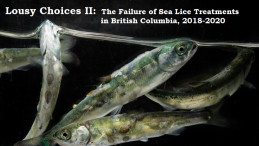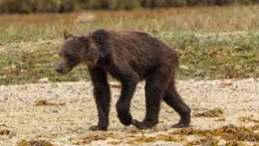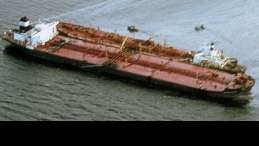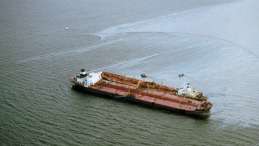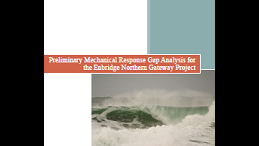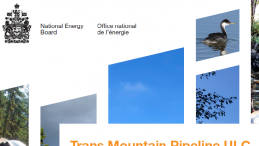Lousy Choices II: Pricey De-lousing Equipment gets Failing Grades
VANCOUVER: Expensive new vessels are failing to control the parasites that are decimating wild salmon stocks, according to a report released today by Living Oceans Society. The report analyses the treatments given on the farms over the past two years and assigns a failing grade to the Hydrolicers and wellboats purchased by salmon farming companies at reported costs of $12 to $30 million.

